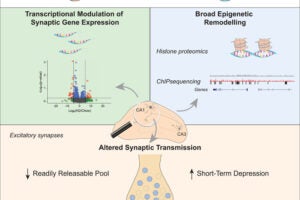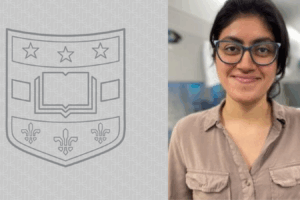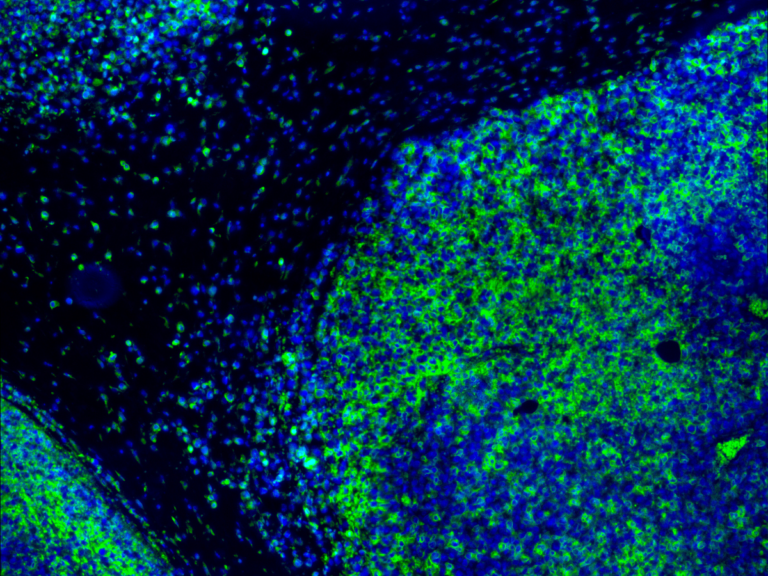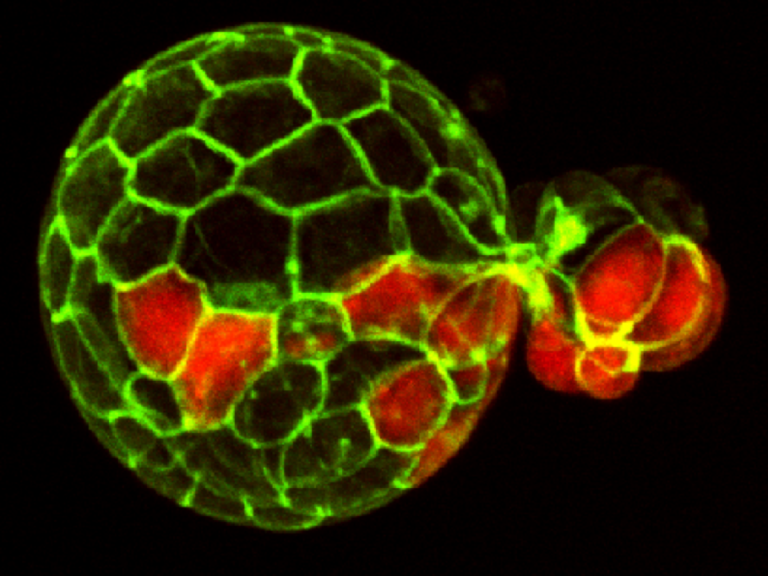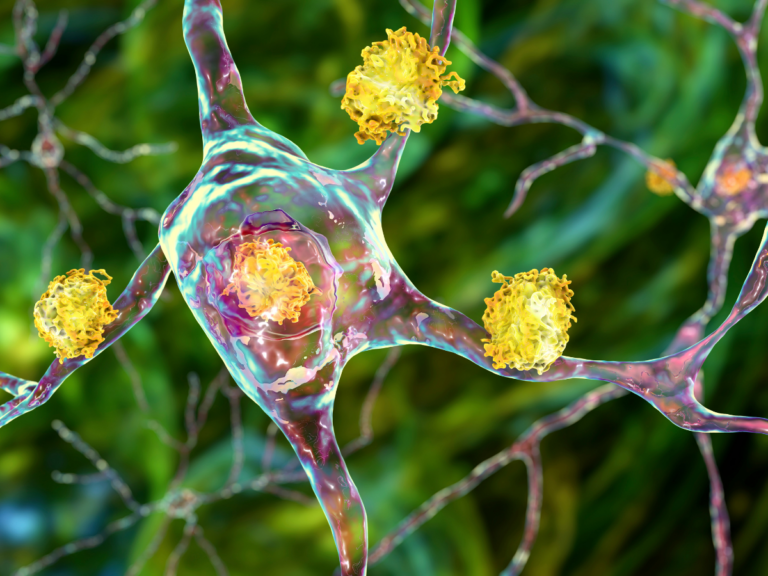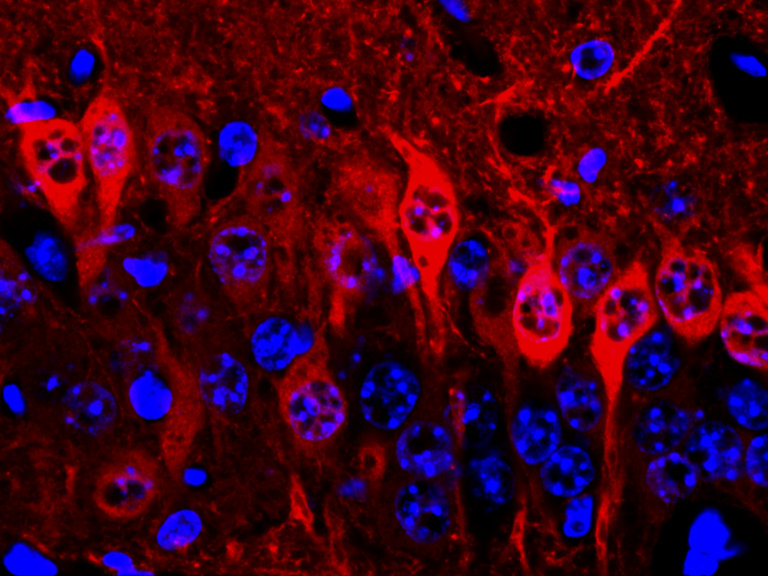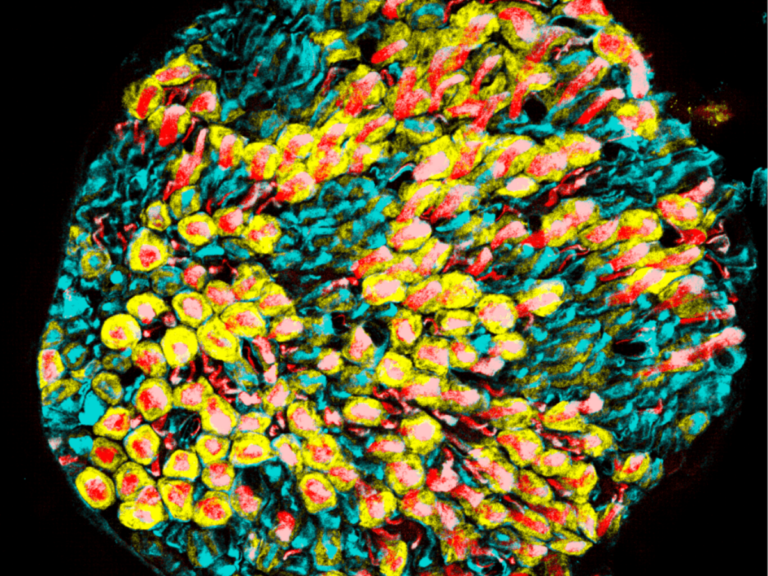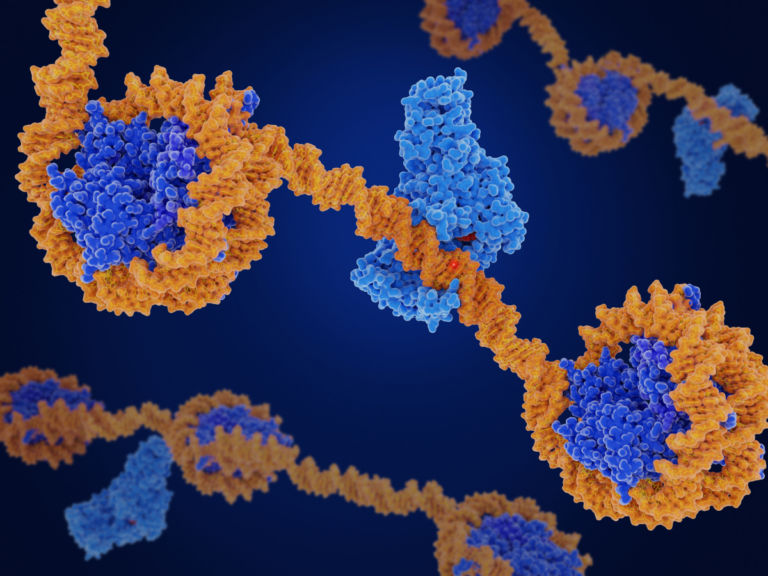From deciphering underlying genetic factors of diseases to developing cutting-edge genome technology, our scientists are making impactful discoveries everyday.
Strength in Genetics and Genomics Research
The Department of Genetics has traditional strengths in computational biology and genome science, as well as model organism, evolutionary and human genetics. Recent specialties include neurological disorders, cellular bioenergetics, epigenomics, personalized medicine and genome technology development.
We have established leadership in the following flagship NIH genomic medicine themed projects:
- The Human Pangenome Project (NHGRI)
- The Impact of Genetic Variation on Function (NHGRI)
- The Long Life Family Study (NIA)
- Somatic Mosaicism across Human Tissues (NIH Common Fund)
- Multi-Omics for Health and Disease (NHGRI, NCI, NIEHS)
- The BRAIN (The Brain Research through Advancing Innovative Neurotechnologies) Initiative Cell Atlas Network (NIMH)
Within the close-knit research community of Washington University School of Medicine, our scientists are supported by a strong foundation. School of Medicine Facts & Figures
| #2 NIH Funding (2023) | $838.3 Million Research Funding 2022 | 19 Nobel Laureates |
Latest News
Researchers decode how a ketogenic diet modifies brain synaptic function
A collaborative research effort between laboratories at Washington University School of Medicine has identified molecular and cellular mechanisms by which a ketogenic diet (KD) alters synaptic communication in the brain — revealing how metabolic state can reshape neuronal networks at the transcriptional, epigenetic, and physiological levels. Spearheaded by first authors Marion Stunault, PhD, Pan-Yue Deng, PhD and Anjali Yadav, PhD, the study, “Ketogenic diet dampens excitatory neurotransmission by shrinking synaptic vesicle pools,” was recently published in Cell Reports and provides foundational insight into how diet-induced metabolic changes influence excitatory circuits in the hippocampus.
Frederick Arnold, PhD, Awarded ALS Network Research Innovation Grant
Frederick Arnold, PhD, Assistant Professor in the Department of Genetics at Washington University School of Medicine, has been awarded a 2025 Research Innovation Grant from the ALS Network and ALS United. The award provides $150,000 in funding over one year to support his research in amyotrophic lateral sclerosis (ALS).
Graduate student Purva Patel earns full scholarship to attend prestigious St. Jude Graduate Symposium
Purva Patel, a third-year graduate student in the Jin lab, has been awarded a full scholarship to attend the 2026 St. Jude National Graduate Student Symposium, a highly selective national meeting for outstanding biomedical science trainees.
